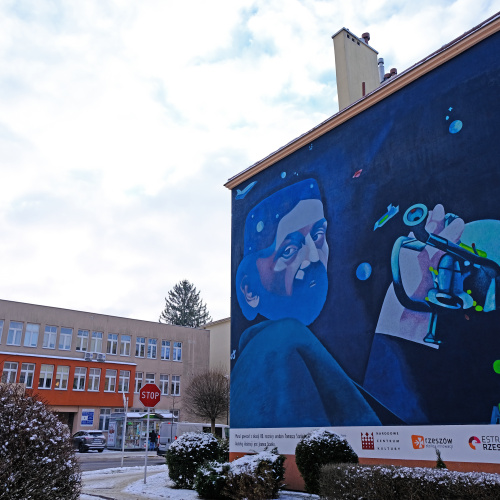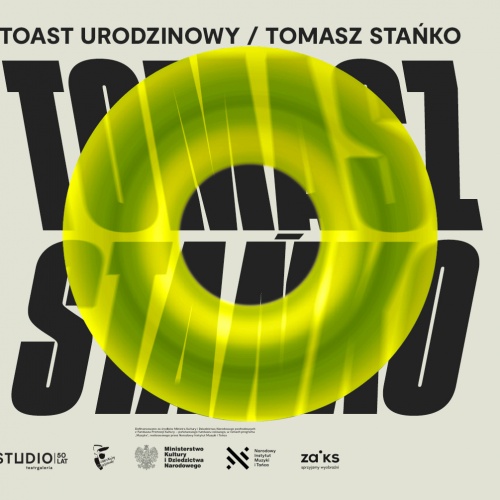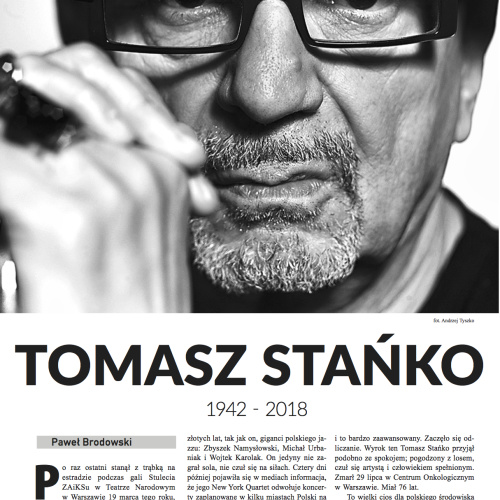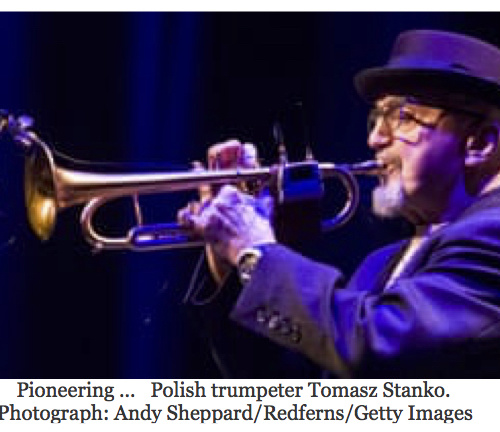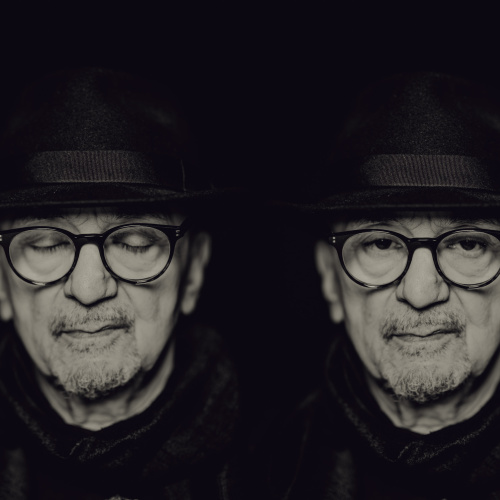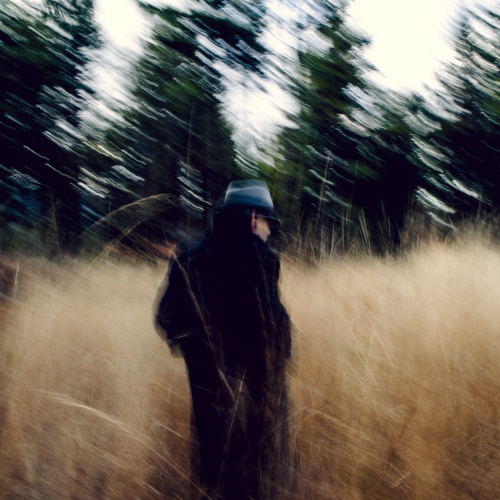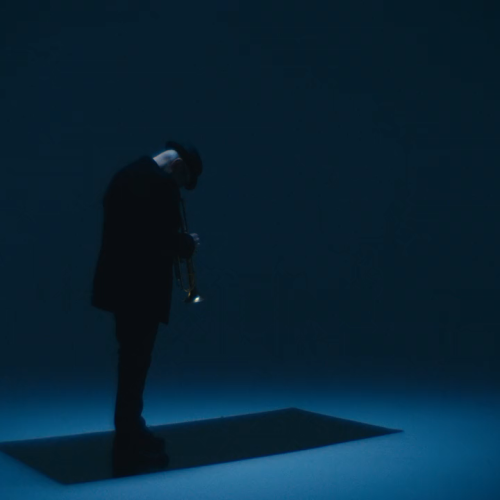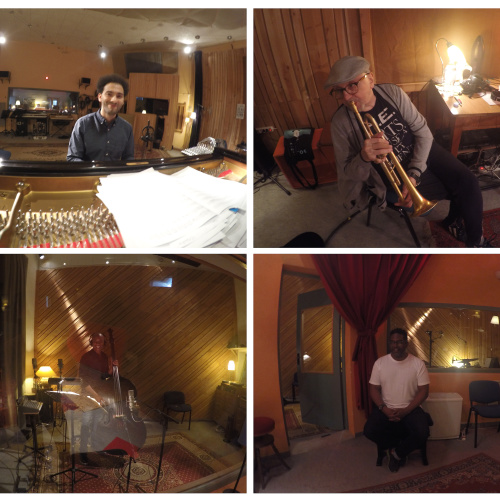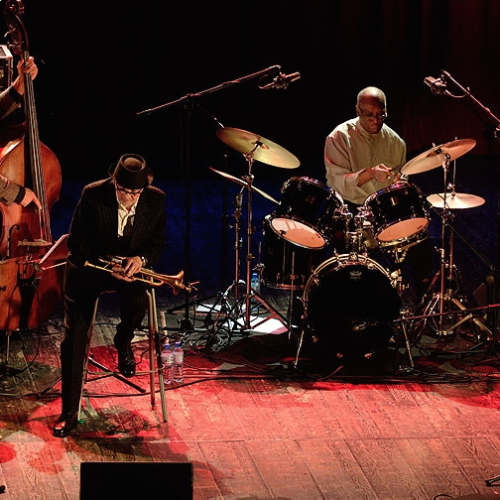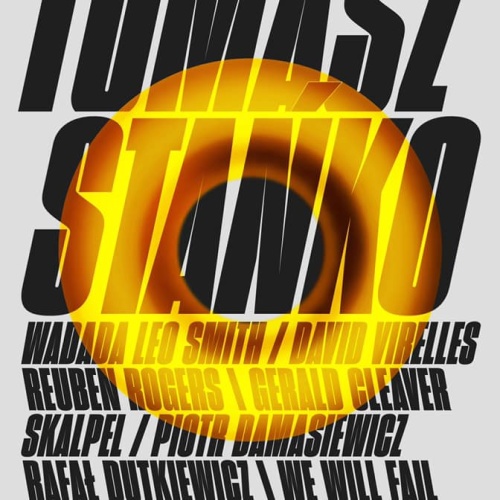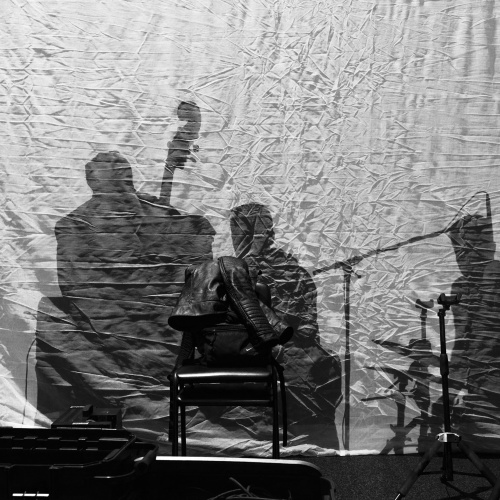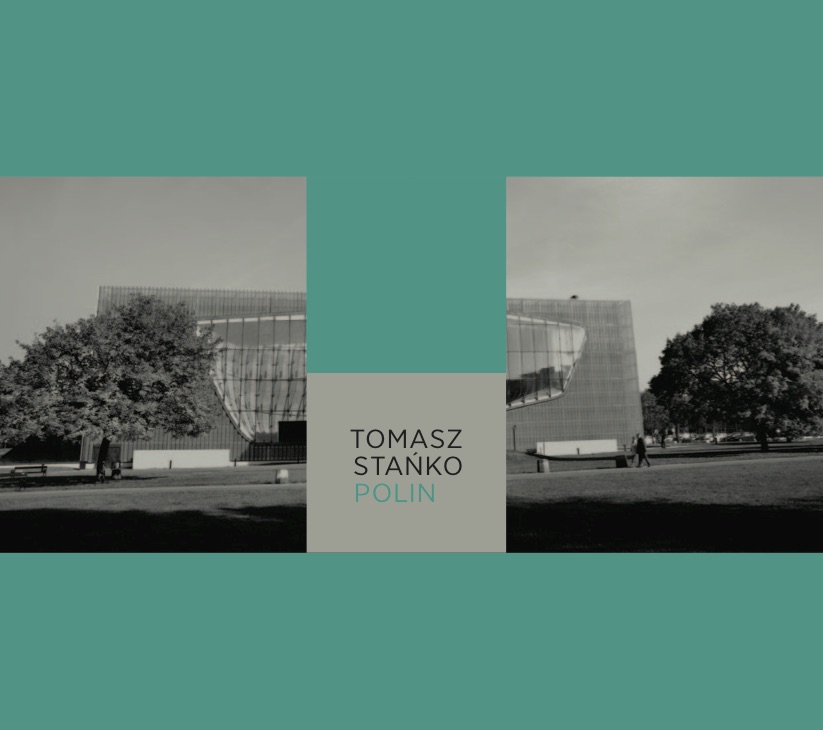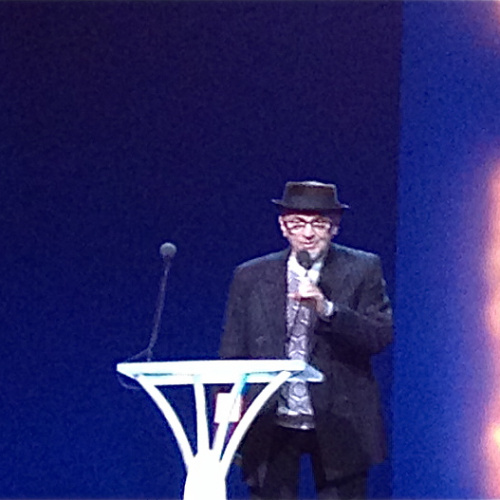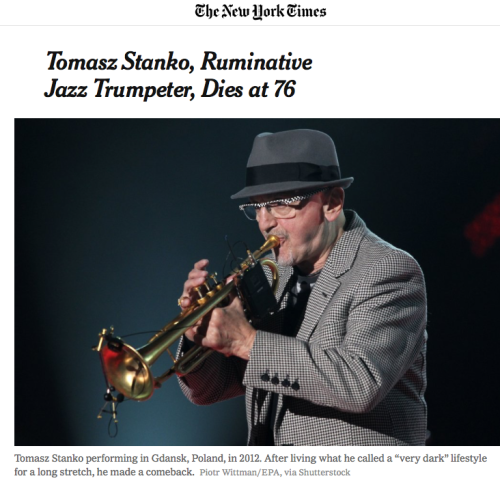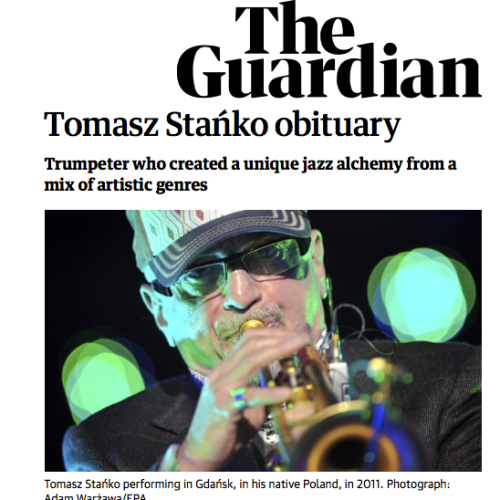The Guardian. Obituary
Trumpeter who created a unique jazz alchemy from a mix of artistic genres
by John Fordham
The trumpeter and composer Tomasz Stańko, who has died aged 76, was an artist of genre-spanning vision and imagination who was a key figure of Polish jazz in the 1960s, and over the ensuing decades came to occupy a unique place on the world stage with his combinations of modern American jazz, east European folk and contemporary-classical music. He took inspiration from poetry, literature, philosophy and visual art, bonded by what he called “the mood of Polish melancholy”.
Stańko’s trumpet sound and phrasing – characteristically deep, slowly exhaled and sometimes gruffly sombre, but readily punctured by sudden flaring ascents and explosive swing – hinted at early influences from Miles Davis, Don Cherry and even Chet Baker, but he had distilled those approaches into an initially fragile but expressive personal identity in his 20s and strengthened it steadily thereafter. His stage presence was compelling, too, despite a fastidious avoidance of showmanship. Gaunt, wiry, alert, often soberly garbed in black, though given to natty hats, he would hold the trumpet level, unfurling dazzling, devious improvisations with a statuesque calm. He seemed simultaneously to be in command and at the mercy of the improvisational elements he had unleashed – the instincts of a bandleader raised in 1950s totalitarian Poland who once described his first contact with jazz to the New York Times with the words: “The message was freedom.”
His partnerships included early free-jazz collaborations with Polish contemporaries such as the pianists Adam Makowicz and Krzysztof Komeda and the saxophonist Zbigniew Namysłowski, stars of the 1970s north European world-jazz renaissance such as Jan Garbarek and Edward Vesala, the American avantists Cecil Taylor and Cherry, and the British originals John Surman and Tony Oxley. He could also look back on landmark recordings charting the post-60s emancipation of European jazz from American dominance. These included the soulfully serene Balladyna (1975), the delicate, intently collaborative Leosia (1996) and Wisława (2013), inspired by private voice/trumpet duets between the trumpeter and the poet and Nobel laureate Wisława Szymborska.
Stańko was born in Rzeszów, and as a child was taught classical violin and piano (his father was a professional violinist and lawyer), though he eventually studied the trumpet at a Kraków music school. The teenager became fascinated with jazz through Willis Conover’s Voice of America broadcasts, and he heard Dave Brubeck’s group on a US state department tour in 1958.
Four years later, he co-founded a band called the Jazz Darings with Makowicz, which quickly evolved from bebop to an Ornette Coleman-influenced free jazz – one of the first European ensembles to emulate that fast-passing, collectively spontaneous method. But it was with Komeda that Stańko learned transformational approaches to balancing composition and group-improvising, and he put those lessons to vigorous use in a quintet with the saxophonists Zbigniew Seifert and Janusz Muniak over the following five years, playing widely on European jazz festivals as Polish cultural exchanges opened up.
In the 1970s, Stańko stretched his connections and his comfort zone, performing with the German pianist and composer Alex von Schlippenbach’s international Globe Unity Orchestra, with Cherry’s Eternal Rhythm Orchestra, with the Polish multi-instrumentalist Michał Urbaniak and with the Finnish drummer Vesala’s fiercely eclectic bands. Stańko’s creative curiosity led him to record meditative solo music at the Taj Mahal and India’s Karla Caves in 1980 and reggae and rap-inflected electronic music with the keyboardist Janusz Skowron in 1985, with various international Vesala ensembles, and with a growing number of American radicals (including the bassist Gary Peacock, the drummer Jack DeJohnette and Taylor) later in that decade.
Stańko had begun a relationship with the influential German label ECM in the 1970s, but it was to flower from the mid-90s with releases that included Litania (1997), From the Green Hill (1998) and the 2001-05 sequence Soul of Things, Suspended Night, and Lontano – these three tracing the fascinating evolution of Stańko’s relationship with the group of Polish music students who became the increasingly freethinking piano trio led by Marcin Wasilewski.
Stańko wrote music for film and theatre, and was awarded the European jazz prize in 2002. In 2008 he decided to reset the connections between his European sensibility and the American one that had originally enthralled him by taking a Manhattan apartment, commuting between continents, and forming his superb New York Quartet with Virelles, the bassist Thomas Morgan and the drummer Gerald Cleaver.
His autobiography, Desperado, was published in 2010. His last major projects included his Polin Suite (written and performed by him and American partners in 2014 for the Polin Museum of the History of Polish Jews in Warsaw) and the New York Quartet’s album December Avenue (2017) – a next-level insight into the group’s sensitivity in balancing serenity and freewheeling fervour.
Stańko is survived by his daughter, Anna, from a marriage which ended in divorce, and by his sister, Jaga.
• Tomasz Stańko, jazz musician, born 11 July 1942; died 29 July 2018
https://www.theguardian.com/music/2018/aug/02/tomasz-stanko-obituary


